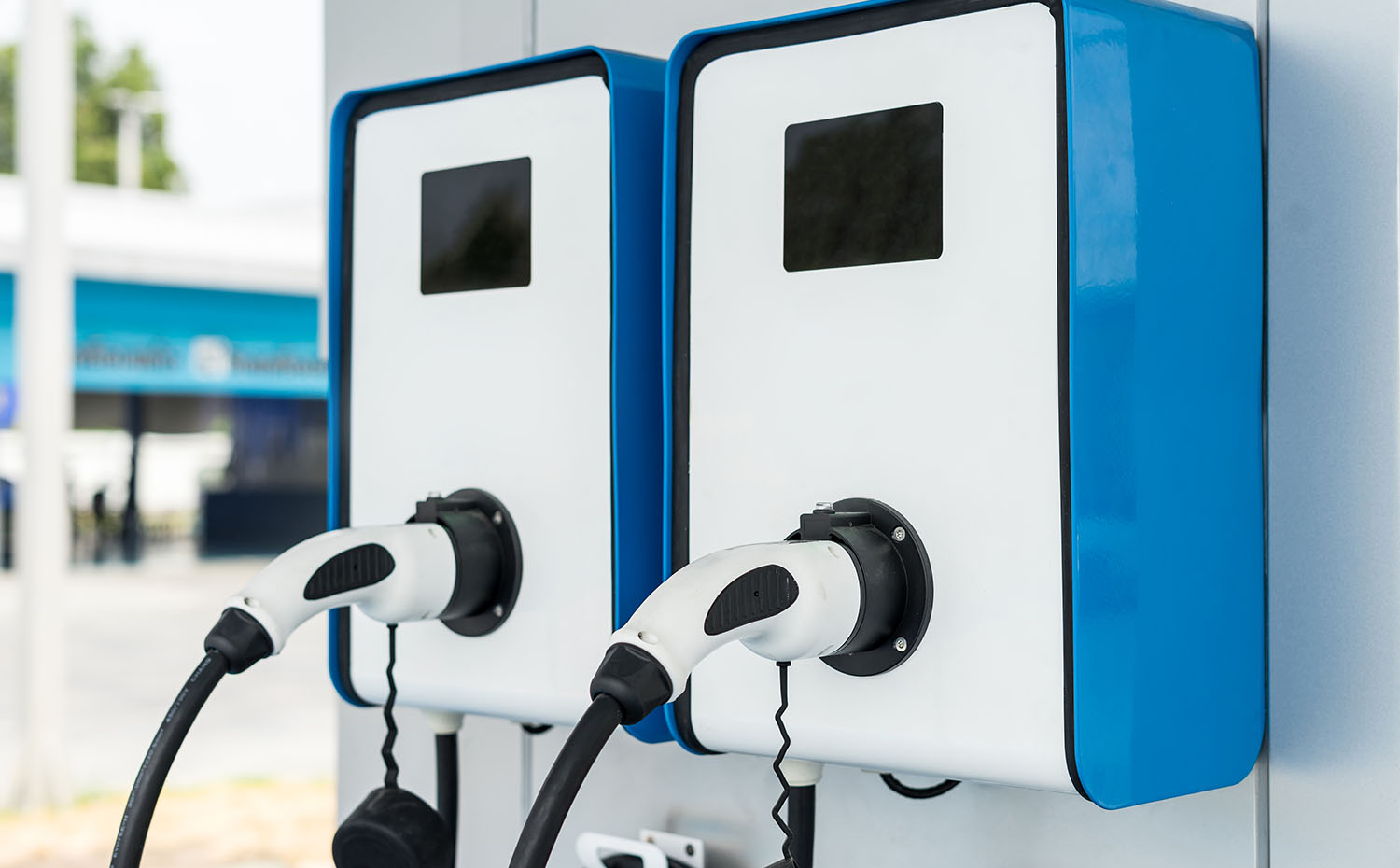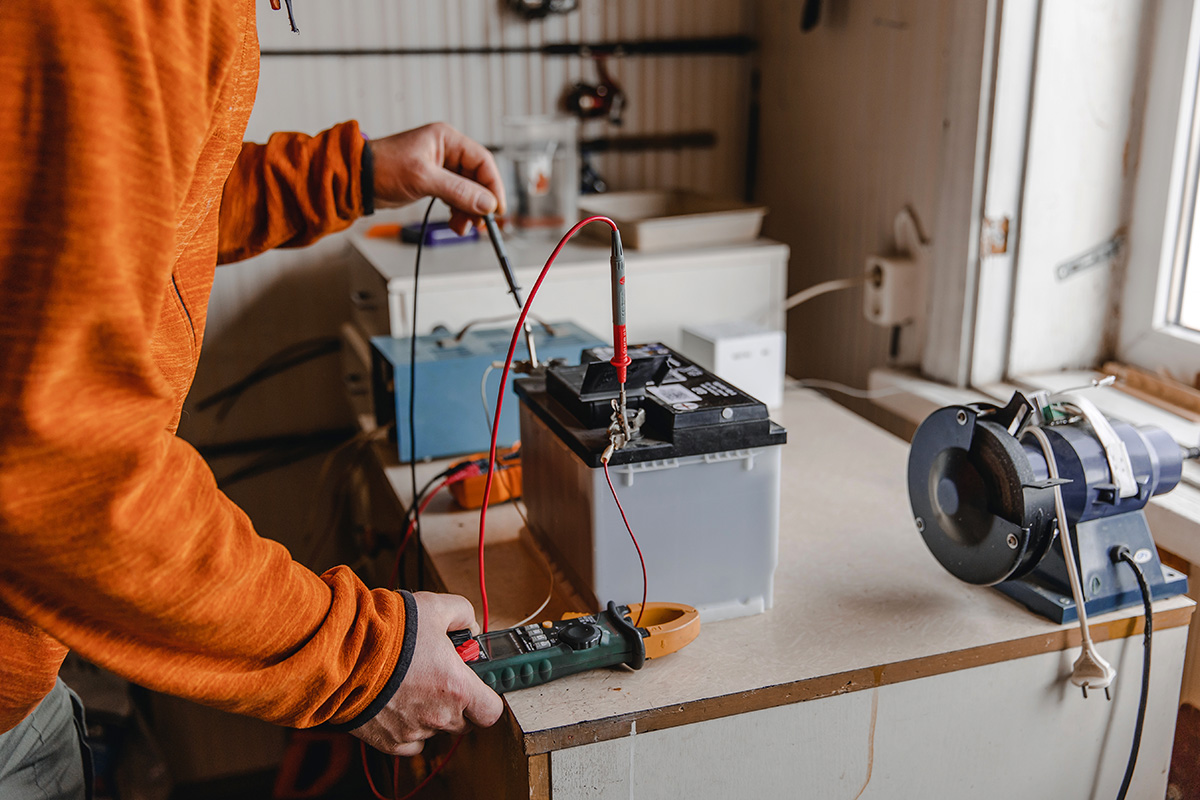The transportation sector is one of the largest consumers of fossil fuels globally, responsible for a significant amount of greenhouse gas emissions and air pollution. With increasing awareness of these environmental concerns, the need for alternative modes of transportation has become more pressing. One such alternative is e-rickshaws, which have been steadily gaining popularity in recent years as a more sustainable and cost-effective option.
In this blog, we will explore the economics of shifting to e-rickshaws from traditional transport solutions.
- Lower Fuel Costs:

One of the most significant economic advantages of e-rickshaws over traditional transportation solutions is lower fuel costs. E-rickshaws run on rechargeable batteries, which need to be charged periodically, making them more economical. They have considerably lower operating costs per kilometer than conventional vehicles that rely on fossil fuels, offering substantial long-term savings for vehicle owners.
- Less Maintenance Expenses:
E-rickshaws require less maintenance than petrol or diesel vehicles, mainly because they have fewer moving parts. They also do not need engine oil, oil filters, or air filters, which further reduces maintenance costs. E-rickshaws typically have sturdy and durable components, making them less likely to require repairs.
- Environmental Benefits:

Traditional transportation solutions generate high levels of pollution that affect public health and the environment. E-rickshaws, on the other hand, produce minimal carbon emissions compared to traditional vehicles, and their operation is more energy-efficient. Using e-rickshaws helps in reducing air pollution, protecting public health, and mitigating climate change. This deliberate action will significantly reduce the cost incurred in public health maintenance, thus increasing the economy.
- Tax Benefits:
Governments and municipalities worldwide offer subsidies and tax credits for the adoption of electric vehicles, including e-rickshaws. These incentives can help offset the higher upfront costs of acquiring electric vehicles and promote their adoption. E-rickshaw owners can avail of these tax benefits if they have proper documentation.
- Increasing Popularity:
E-rickshaws have become a popular mode of transportation in crowded urban and rural centers worldwide. The popularity of e-rickshaws is due to their efficiency, cost-effectiveness, and perfect suitability for both individual and fleet coverage. This popularity has helped increase ridership and income for e-rickshaw drivers, promoting economic well-being for drivers, passengers and the manufacturers as well.
Conclusion
In conclusion, shifting to e-rickshaws from traditional transportation solutions makes both economic and environmental sense. Not only are they more affordable and easy on the pockets, but they are also a more sustainable alternative. By taking advantage of tax incentives and embracing the popularity of e-rickshaws, vehicle owners can benefit from impressive savings on their operating and maintenance costs. Sodyco manufactures state-of-the-art E-rickshaws that cater to the individuals and fleet sectors, offering reliable, safe, and efficient transport solutions that benefit commuters, manufacturers, and the environment altogether.
If you liked our blog on ‘Economics of Shifting to E-Rickshaws from Traditional Transport Solutions’, be sure to check out our other blogs by clicking here.





